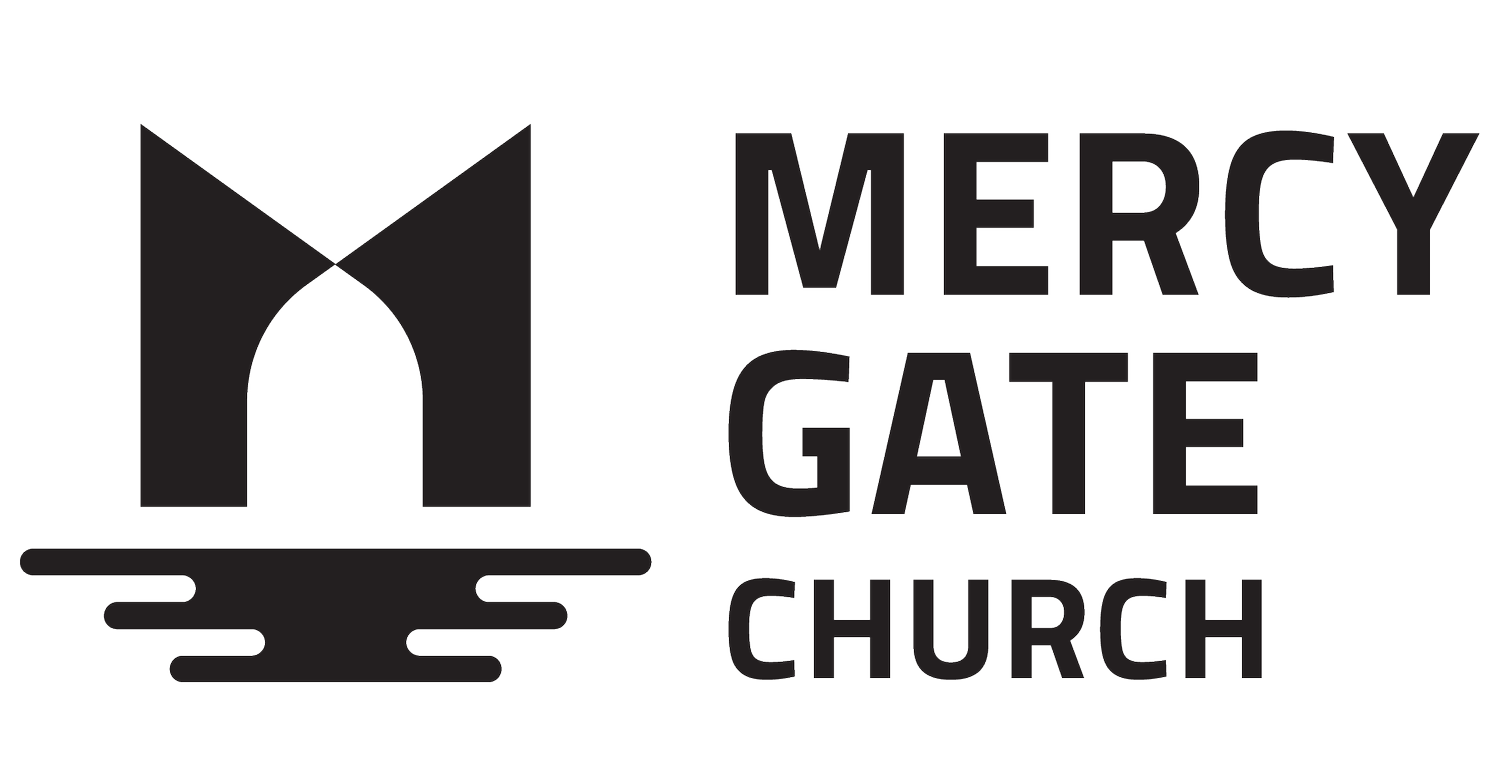There is an ongoing cry for justice across our nation that continues to polarize our society. And unfortunately it seems to be polarizing the church! Could it be that we are more informed by political perspective, news outlets and personal ideals than by the Bible itself? And could it be that the Bible actually defines justice and gives the church a glorious way forward in matters of injustice?
Part 1: What Is Biblical Justice?
Psalm 89:14
As we begin our series on justice, it’s important to start with a biblical definition of justice. We all have our own internal sense of right and wrong, but sadly that varies from person to person. God’s idea of justice is far different from ours — his is the only perfect, unchanging and pure justice. That is the foundation for our understanding of how to seek justice on the earth as Christians.
Part 2: Why Should We Do Biblical Justice?
Genesis 1:26-27 & Colossians 1:15
In Part 1 we defined biblical justice as “the active work of making others' problems my problems so that all are treated fairly according to their God-given dignity.”
As we move to the why aspect of biblical justice, it’s necessary for the church to realize where there is blindness to injustice. It’s a serious problem for the church to fail to see injustice and then do something about it. We must have a divine perspective on this issue coupled with dynamic power in order to effectively bring about justice.
**please note we do not have an audio recording, but you can watch the sermon here (skip ahead to 50 minutes)
Part 3: How Can We Do Biblical Justice?
James 2:14-17
How do we begin to “do justice?” Is it something that we can just decide to muster up? The fact is that the dynamic power mentioned last week must come from the transformation of a saving relationship with God. Biblical justice must come as a result of God’s mercy poured out on us in a way that reorders our identity and our responsibilities.
Part 4: How Can We Do Biblical Justice? (continued)
2 Corinthians 5:16-21
The recurring theme of justice throughout Scripture often specifically mentions God’s concern for the poor and oppressed. As we continue to look into how we should do justice, we must accurately diagnose poverty from a biblical perspective. Who are “the poor?” What is the underlying cause of poverty in the world? How should a Christian move forward in treating the poor, oppressed and marginalized with godly justice?
Part 5: God’s Vision For His Church
Ephesians 2:13-16
How should the church do biblical justice when it comes specifically to racial reconciliation? What does the Bible say about ethnic diversity and spiritual unity? How has the “dividing wall of hostility” shaped the American church, and what can we do about it? Jesus has paid the ultimate price to create ONE NEW MAN in himself for his glory. That new man, the church, cannot be defined by only one of its parts, yet it does not lose its diversity in its unity!
Part 6: The Good Shepherd
John 10:11-18
What are the implications of the fact that Jesus laid down his life to save and unify one flock of people? He is the true Good Shepherd who is radically committed to the well-being of his sheep. He paid the ultimate price to unify us into profound, seamless relational oneness. Yet in the midst of that oneness, there is incredible diversity represented by all the cultures of God’s created tribes, tongues and nations. When it comes to unity and diversity, how can the church honor the Good Shepherd who laid down his life to unite such brilliant diversity?

